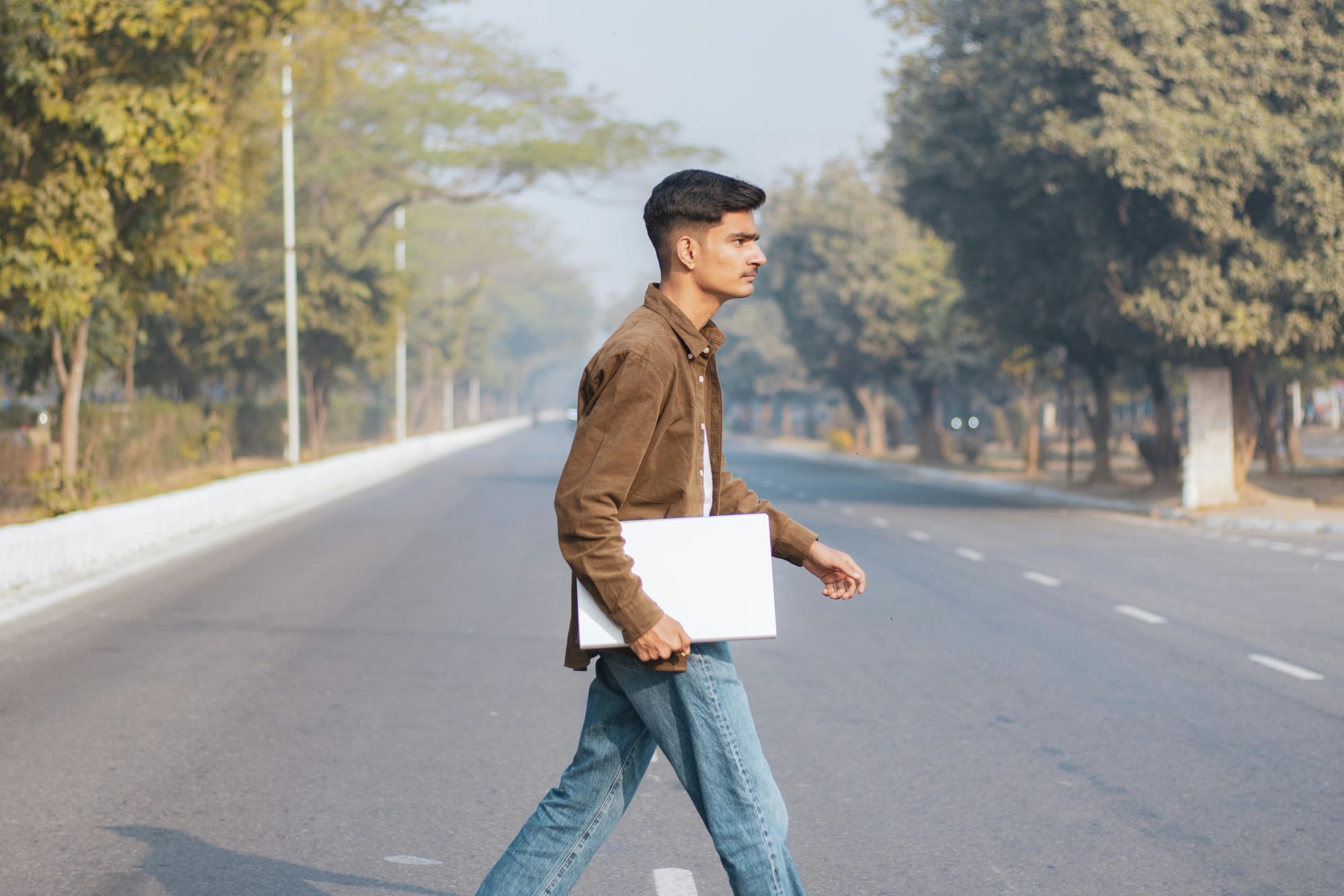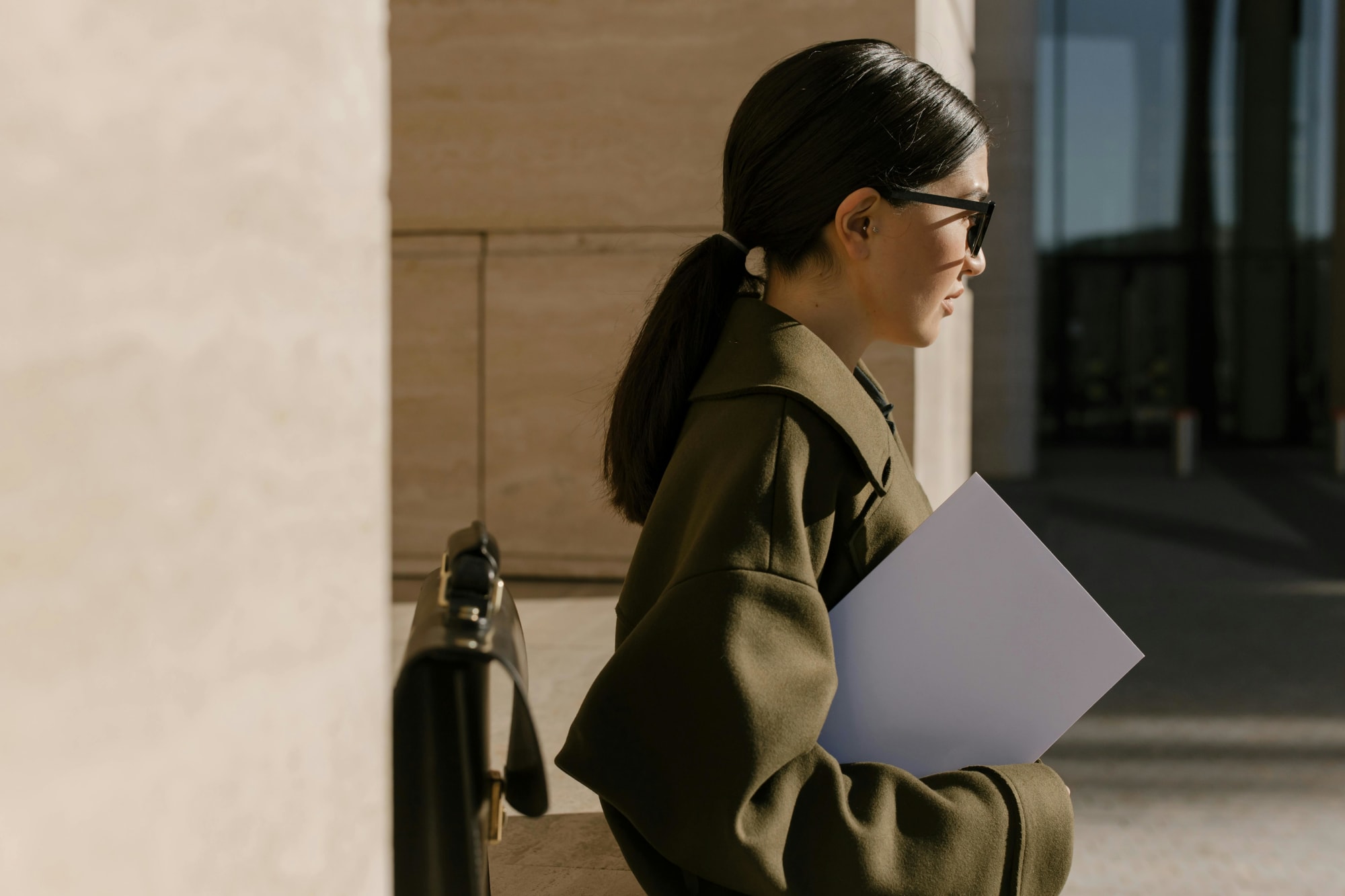ROOT
Should Australia’s minimum wage be lifted?
With the cost of living being a central focus of this election campaign, both major parties are in disagreement over wage increases.
Should Australia’s minimum wage be lifted?
With the cost of living being a central focus of this election campaign, both major parties are in disagreement over wage increases.

Prime Minister Scott Morrison and Labor leader Anthony Albanese are at odds about a potential increase to the minimum wage.
Mr Albanese indicated on Tuesday that he would “absolutely” support a rise of at least 5.1 per cent in order to keep up with the current rate of inflation.
“I believe the minimum wage should at least keep up with the cost of living,” Mr Albanese told reporters.
The opposition leader did not reveal exactly how much of a boost wages could receive under a Labor government but said that the party would put forward a submission to the Fair Work Commission as part of its annual review of the minimum wage if elected.

“When the Fair Work Commission considers any minimum pay increase, people should not go backwards,” he said.
“If you're on the minimum wage, you're struggling to pay your rent, you're struggling to buy food, you're struggling to get by, and the Fair Work Commission should bear that in mind in the decision that they make.”
In response to Mr Albanese’s suggestions, the Prime Minister called the opposition leader a “loose cannon on the economy”, accusing him of misunderstanding the consequences of his proposal.
“It’s like throwing fuel on the fire of rising interest rates and rising cost of living,” Mr Morrison said on Wednesday.
“Anthony Albanese’s intervention yesterday and his thoughtlessness on this would actually make inflation worse, it would make interest rates rise even higher, it would threaten the strong growth we’ve had in employment and, ultimately, it would force small businesses potentially out of business altogether.”
Earlier this week, the ACTU called for a 5.5 per cent increase to the minimum wage which would see the hourly rate rise from $20.33 to $21.45.
“A 5.5 per cent increase is what is now needed just to ensure people tread water, anything less has them drowning in bills,” argued ACTU secretary Sally McManus.
“Scott Morrison’s government’s submission to the Fair Work Commission is silent on backing a pay increase that keeps up with the cost of living. Instead it dedicates a whole section to the benefits of low paid work.”
The ACTU had previously called for a 5 per cent rise but revised up its claim as a result of higher than expected inflation.
Ai Group chief executive Innes Willox said that a lift of the magnitude proposed by the unions would be “unsustainable” and overlooked the impact of both the increase to the super guarantee and the low and middle income tax offset in addressing the needs of the low paid.
The national employer association has also revised its proposed minimum wage increase as a result of inflation and changing monetary policy, from 2 per cent previously to 2.5 per cent.
“Despite the changed economic circumstances, it remains critical for the Fair Work Commission's expert panel to adopt a cautious approach in adjusting wages,” Mr Willox said.
“An excessive minimum wage increase would fuel inflation and lead to higher interest rates on mortgages, personal loans and credit cards than would otherwise be the case. Higher inflation and higher interest rates would have a particularly harsh impact on the low paid.”
Meanwhile, the Australian Chamber of Commerce and Industry (ACCI) said that a lift of 3 per cent would be a “responsible and balanced” move that took into account cost of living pressures.
“Imposing unaffordable wage increases on small business will cruel jobs, not create them,” suggested ACCI chief executive Andrew McKellar
“An increase of 5 per cent or more would inflict further damage on small business, and the millions of jobs they sustain and create.”

Earn
January’s strategic edge: Turn a quiet month into outsized returns by 2026
January isn’t just a fresh calendar page; it’s an underpriced window to make high‑conviction decisions before the competitive noise returns. With budgets locked, risk appetites clear and board agendas ...Read more

Earn
Case study: How Australia’s broker ecosystem turned a volatile 2025 into a strategic advantage
A year defined by rate cuts, lender policy resets and government schemes reshaped Australia’s mortgage and finance market. This case study dissects how leading brokerages converted macro whiplash into ...Read more

Earn
Peak season powers a nationwide workforce rebound
Australia’s labour market is experiencing a significant resurgence as peak season spending revitalises employment across the nation. The latest November Jobs Report from Employment Hero, a global ...Read more

Earn
From lone wolves to performance systems: how to convert individual drive into repeatable team wins
High-performing individuals are valuable; systems that meaningful scale their behaviours are priceless. Agency leaders say networks can transform ambition into organisational advantage—if the ...Read more

Earn
State Street economist comments on recent Labour Force data, urging RBA caution
In light of the recently released Labour Force data, Krishna Bhimavarapu, an economist at State Street Global Advisors, has provided insights that may influence the Reserve Bank of Australia's (RBA) ...Read more

Earn
Job market booms, but falling hours keep productivity under pressure
Australia's job market is experiencing a significant resurgence, with employment figures showing a robust increase, according to the latest report from Employment Hero. The October Jobs Report, ...Read more

Earn
Rate cut back in play: how a softer labour market could reshape Australian balance sheets by Christmas
With unemployment at a four‑year high and policy makers signalling a controlled easing in labour conditions, markets are again pricing the possibility of an RBA cut before year‑end. Beyond the ...Read more

Earn
New Business Boom: Australia’s Top Ten Suburbs Lead Entrepreneurial Growth
Australia's entrepreneurial landscape is witnessing a remarkable transformation, with the latest data from the Lawpath New Business Index highlighting a significant surge in new business registrations ...Read more

Earn
January’s strategic edge: Turn a quiet month into outsized returns by 2026
January isn’t just a fresh calendar page; it’s an underpriced window to make high‑conviction decisions before the competitive noise returns. With budgets locked, risk appetites clear and board agendas ...Read more

Earn
Case study: How Australia’s broker ecosystem turned a volatile 2025 into a strategic advantage
A year defined by rate cuts, lender policy resets and government schemes reshaped Australia’s mortgage and finance market. This case study dissects how leading brokerages converted macro whiplash into ...Read more

Earn
Peak season powers a nationwide workforce rebound
Australia’s labour market is experiencing a significant resurgence as peak season spending revitalises employment across the nation. The latest November Jobs Report from Employment Hero, a global ...Read more

Earn
From lone wolves to performance systems: how to convert individual drive into repeatable team wins
High-performing individuals are valuable; systems that meaningful scale their behaviours are priceless. Agency leaders say networks can transform ambition into organisational advantage—if the ...Read more

Earn
State Street economist comments on recent Labour Force data, urging RBA caution
In light of the recently released Labour Force data, Krishna Bhimavarapu, an economist at State Street Global Advisors, has provided insights that may influence the Reserve Bank of Australia's (RBA) ...Read more

Earn
Job market booms, but falling hours keep productivity under pressure
Australia's job market is experiencing a significant resurgence, with employment figures showing a robust increase, according to the latest report from Employment Hero. The October Jobs Report, ...Read more

Earn
Rate cut back in play: how a softer labour market could reshape Australian balance sheets by Christmas
With unemployment at a four‑year high and policy makers signalling a controlled easing in labour conditions, markets are again pricing the possibility of an RBA cut before year‑end. Beyond the ...Read more

Earn
New Business Boom: Australia’s Top Ten Suburbs Lead Entrepreneurial Growth
Australia's entrepreneurial landscape is witnessing a remarkable transformation, with the latest data from the Lawpath New Business Index highlighting a significant surge in new business registrations ...Read more








